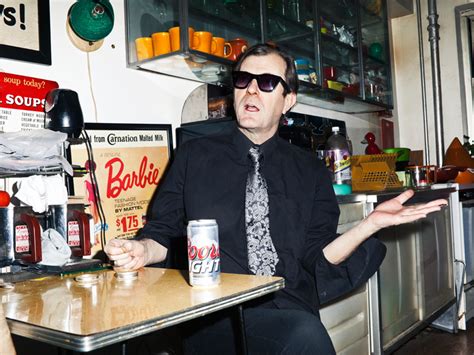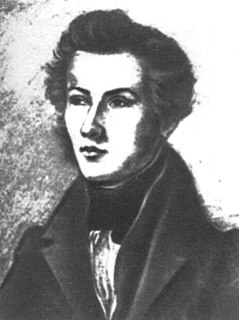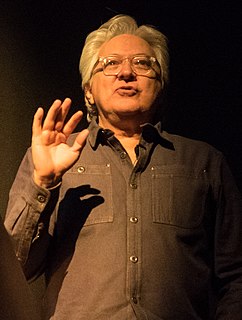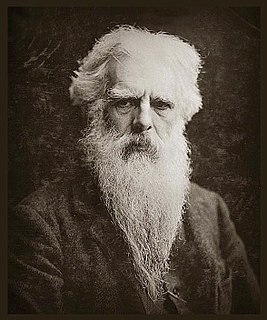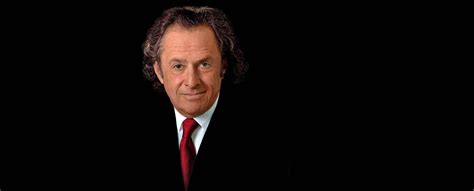A Quote by Marcel Proust
Photography is the product of complete alienation.
Quote Topics
Related Quotes
Remember, I'm the guy who didn't want the referendum - I wouldn't have had it if I'd been prime minister. But you have to respect how people voted because this was partly about political alienation, so if the response to political alienation is to ignore it, that's a recipe for more political alienation.
I never think in terms of alienation; it's the others who do. Alienation means one thing to Hegel, another to Marx and yet another to Freud; so it is not possible to give a single definition, one that will exhaust the subject. It is a question bordering on philosophy, and I'm not a philosopher nor a sociologist. My business is to tell stories, to narrate with images - nothing else. If I do make films about alienation - to use that word that is so ambiguous - they are about characters, not about me.
To know whether photography is or is not an art matters little. What is important is to distinguish between good and bad photography. By good is meant that photography which accepts all the limitations inherent in photographic technique and takes advantage of the possibilities and characteristics the medium offers. By bad photography is mean that which is done, one may say, with a kind of inferiority complex, with no appreciation of what photography itself offers: but on the contrary, recurring to all sorts of imitations.


